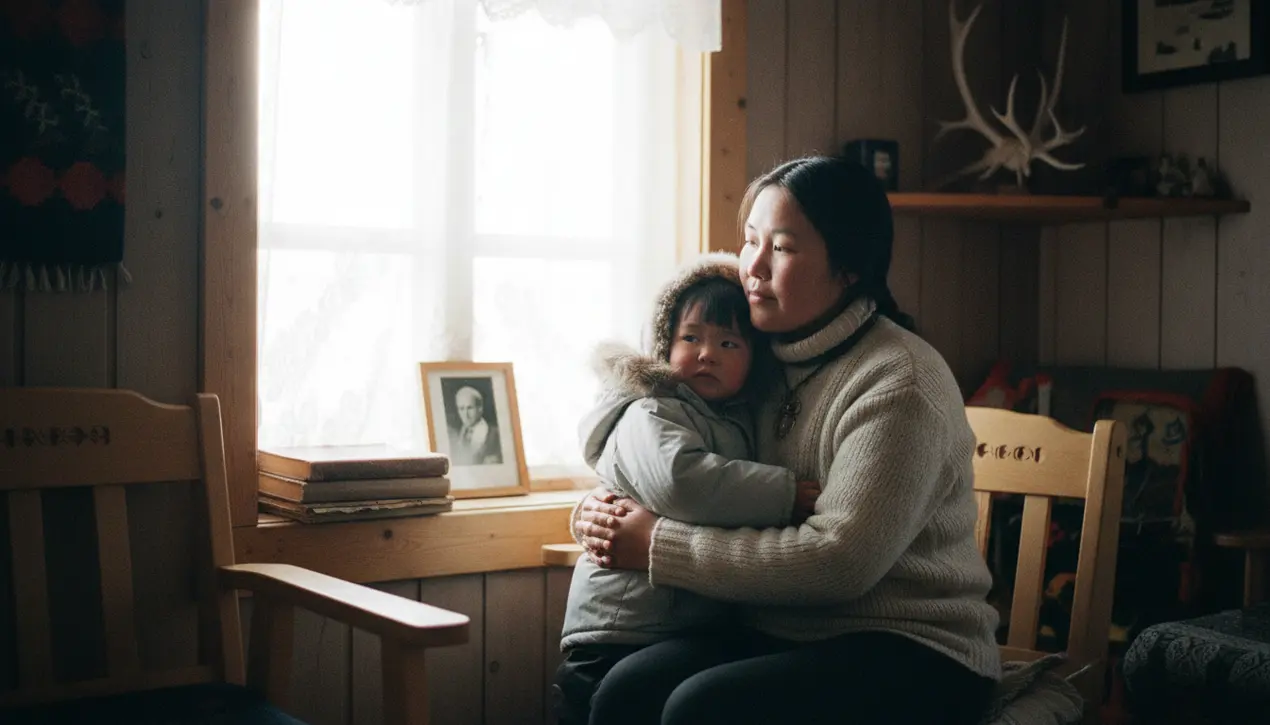
Politicscourts & investigations
Danish Government Bans Biased Parenting Tests for Greenlandic Families
AN
Anna Wright
9 hours ago7 min read2 comments
In a landmark decision that rights a profound historical wrong, the Danish government has formally banned the use of parental competency tests for Greenlandic families, a practice that for decades systematically pathologized Indigenous parenting and served as a key mechanism in the state's assimilationist policies. This isn't merely a bureaucratic policy shift; it's a long-overdue reckoning with a colonial legacy that weaponized psychology to dismantle families.For years, these assessments, developed through a distinctly Western, Danish lens, were deployed by social services to evaluate the fitness of Greenlandic parents, often leading to the traumatic removal of children from their homes. The tests failed catastrophically to account for the rich, communal child-rearing practices and cultural values inherent in Inuit society, instead interpreting differences as deficits.Imagine a scenario where a parent's reliance on extended family networks, a cornerstone of community survival in the harsh Arctic climate, is marked down as a failure to provide adequate individual care. This is the insidious logic that has prevailed, a logic that critics—from human rights organizations to Greenland’s own political representatives—have lambasted as culturally biased and racially discriminatory.The personal impact of this policy is immeasurable; it echoes the painful history of the 1950s and 60s, when Greenlandic children were forcibly relocated to Denmark in a failed social experiment, severing cultural ties and causing intergenerational trauma. The ban, therefore, is a victory for Greenlandic self-determination and a critical step toward decolonizing Denmark's welfare system.It acknowledges that the state has no right to impose its narrow, ethnocentric definitions of family onto an Indigenous population. Yet, the work is far from over.The directive must now be followed by deep, structural reform within social services, including mandatory cultural competency training for caseworkers and the active involvement of Greenlandic communities in developing new, equitable family support frameworks. This move aligns with a broader, global push for Indigenous rights, mirroring struggles in Canada and Australia, where similar state interventions have devastated First Nations and Aboriginal families.It’s a powerful testament to the resilience of Greenlandic advocates who have fought for this day, a reminder that justice, though often delayed, can be won through persistent, empathetic critique of systems that dehumanize. The Danish state has finally closed a chapter on a tool of oppression, but the responsibility now is to actively write a new one, built on respect, partnership, and the fundamental right of a people to raise their children according to their own worldviews.
#Human rights
#family law
#child protection
#government policy
#indigenous rights
#featured
Stay Informed. Act Smarter.
Get weekly highlights, major headlines, and expert insights — then put your knowledge to work in our live prediction markets.
Comments
Loading comments...
© 2025 Outpoll Service LTD. All rights reserved.